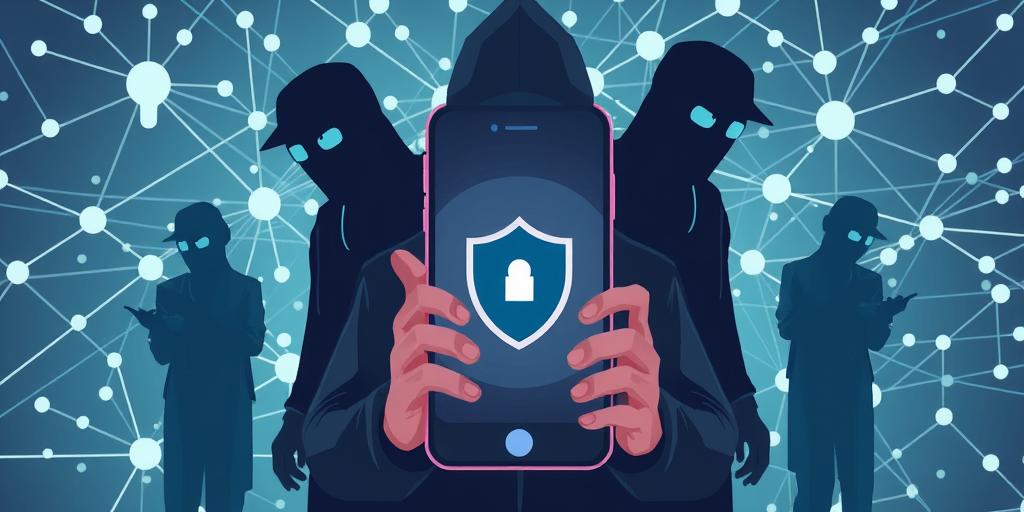The Hidden Dangers of Free VPNs: Are You Really Protected?
In today's digital landscape, online privacy is a growing concern. Many users turn to Virtual Private Networks (VPNs) to protect their data and maintain anonymity. While VPNs can offer a layer of security, it's crucial to understand that not all VPNs are created equal. Free VPNs, in particular, can come with hidden dangers that may compromise your privacy and security instead of enhancing them.
What is a VPN and How Does it Work?
A VPN creates a secure, encrypted connection between your device and the internet. All your internet traffic is routed through this encrypted tunnel, masking your IP address and encrypting your data. This makes it more difficult for third parties, such as hackers, snoopers, or even your internet service provider (ISP), to monitor your online activities.
The Allure of Free VPNs
The appeal of free VPNs is undeniable. Who wouldn't want a service that promises online security without costing a dime? However, it's essential to consider how these services operate and whether their business models align with your privacy goals.
The Hidden Costs of Free VPNs
Data Logging and Selling:
- Many free VPNs log user data, including browsing history, IP addresses, and connection timestamps. This data is often sold to third parties for advertising or other purposes, defeating the primary purpose of using a VPN.
Malware and Adware:
- Free VPN apps are more likely to contain malware or bundled adware. These malicious programs can infect your device, steal personal information, or bombard you with unwanted ads.
Limited Bandwidth and Speed:
- Free VPNs typically offer limited bandwidth and slower connection speeds. This can result in a frustrating browsing experience with frequent disconnects and buffering.
Weak Encryption and Security:
- Some free VPNs use weak encryption protocols or outdated security measures, making your data vulnerable to interception. They may not provide the same level of protection as paid VPN services with robust security features.
DNS Leaks:
- DNS leaks occur when your DNS requests are not routed through the VPN server, exposing your actual IP address and location. Free VPNs are more prone to DNS leaks due to improper configuration or technical limitations.
Displaying Intrusive Ads:
- To generate revenue, free VPNs often display intrusive ads, including pop-ups, banners, and video ads. These ads can be annoying and disruptive, and some may even be malicious.
How to Choose a Reputable VPN
Read Reviews and Research:
- Before choosing a VPN, research user reviews and expert opinions. Look for VPNs with a proven track record of security and privacy.
Check the Privacy Policy:
- Carefully review the VPN's privacy policy to understand what data they collect and how it is used. Opt for VPNs with a strict no-logs policy.
Consider Paid VPN Services:
- Paid VPN services typically offer better security, faster speeds, and more reliable performance. They also have a vested interest in protecting your privacy.
Look for Strong Encryption:
- Ensure the VPN uses strong encryption protocols, such as AES-256, to protect your data.
Check for DNS Leak Protection:
- Verify that the VPN offers DNS leak protection to prevent your IP address from being exposed.
Conclusion
While free VPNs may seem like an attractive option for online security, they often come with hidden dangers that can compromise your privacy and security. By understanding the risks associated with free VPNs and taking the time to choose a reputable VPN service, you can protect your data and enjoy a safer online experience.









